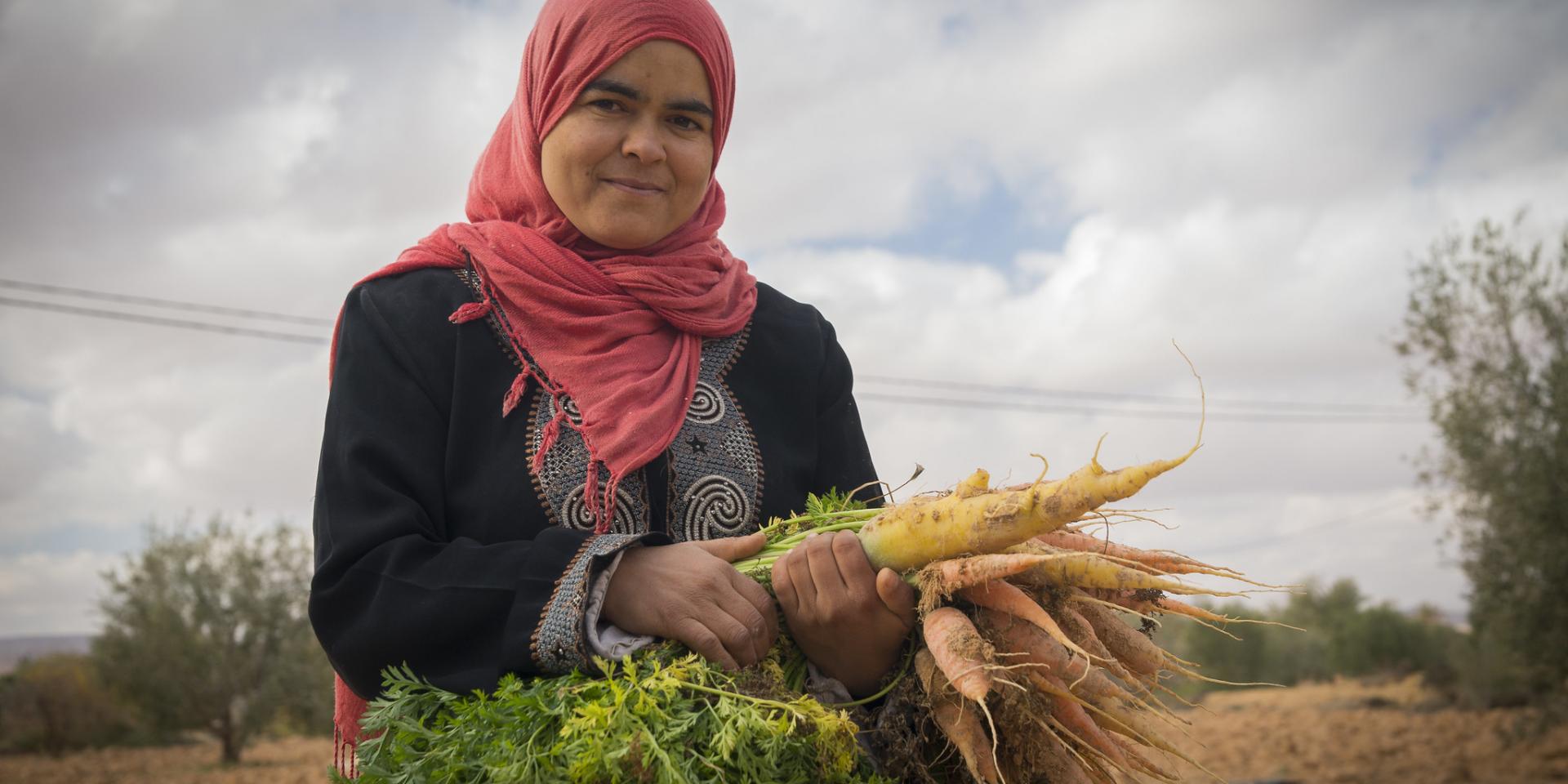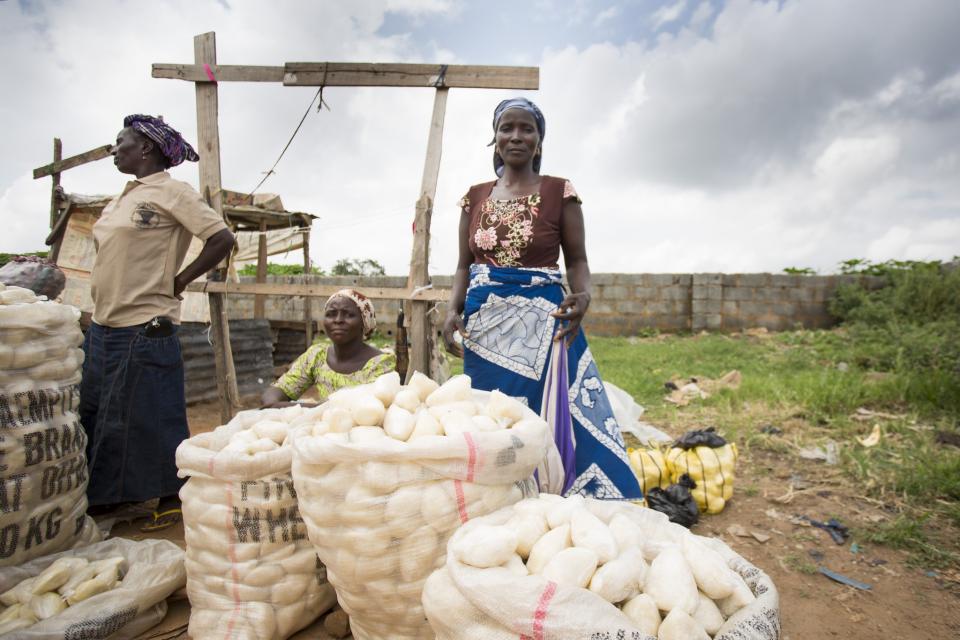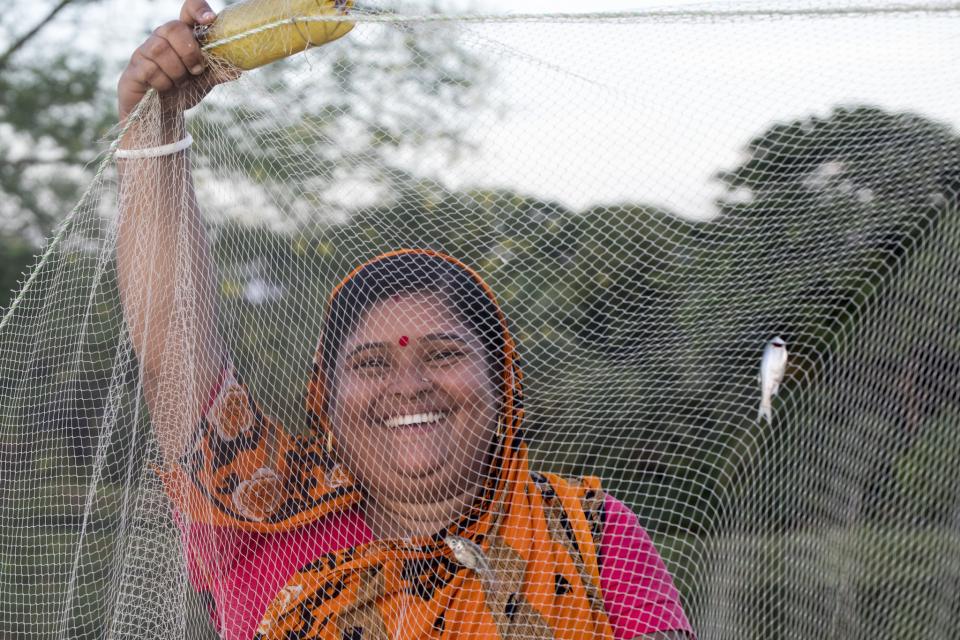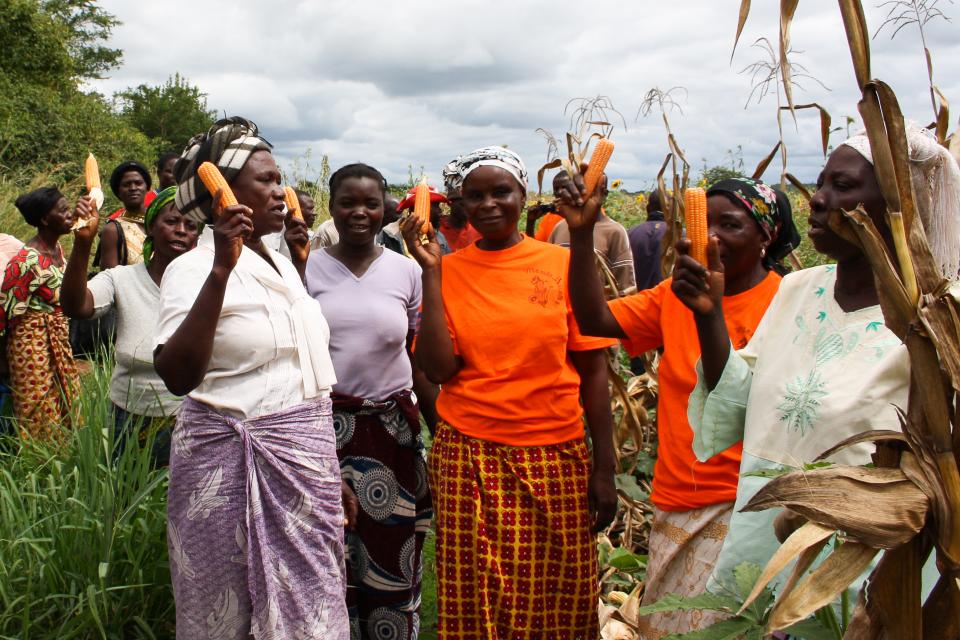Gender-sensitive value chains
 Photo: ICARDA
Photo: ICARDA
This course teaches you how to address gender dimensions when developing value chains in agriculture to help achieve the Sustainable Development Goals.
This course is available in English, French and Spanish.
What will you learn?
- Why it is important to address gender equality when developing sustainable food systems
- The key characteristics of the FAO framework for gender-sensitive value chains
- How to conduct a gender-sensitive analysis of agrifood value chains
- Ways to address constraints based on gender, and provide women and men with equal opportunities along the value chain
What resources do you need to do it?
To do the online version, you need an internet connection, an account (with login and passcode) to the FAO elearning Academy, and a computer with the latest version of the major web browsers.
To do the downloadable version, you need a Windows PC, and an account with the FAO elearning Academy.
More about this training
The training is open to everyone, although FAO targets in particular practitioners and policy makers working on the development of sustainable food systems. it will also be suitable for other government officials, technical staff, project and program designers, and individuals who support or implement the 2030 Agenda for Sustainable Development.
The training is self-paced and consists of three 30-minute lessons.
You receive digital certification for successfully completing the course test (login to FAO elearning Academy needed).
Who can I contact for more information?
Information about FAO elearning Academy courses are available under the Help and Support menu.
For other questions, email the academy at elearning-support@fao.org.
Access this course in:


